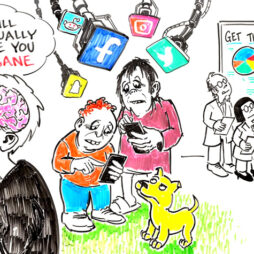8/8/2010 – Shawn Graham –
For most of my adult life, I was incredibly easy to read. I wore my heart, and most of my facial expressions, on my sleeve. On occasion, that wasn’t necessarily a bad thing. Other times, such as in my high school English class where the teacher threw note cards at me after I rolled my eyes, it was. Growing up I was never much of a card player so I didn’t have the chance to really develop and practice my poker face and that has, on more than one occasion, hampered my ability to successfully navigate organizational politics (or high school English classes). In speaking with other extroverts in leadership roles, those who struggle with filtering and/or masking their emotions and reactions often have a difficult time progressing through an organization.
What can you do as a new leader to develop your poker face?
Don’t be an emotional extremist. As I think back to the best leaders I’ve worked for over the years based on both what it was like to work for them and also in observing how they were able to manage and maintain relationships with others, the trait they all shared was their ability to stay even keel, never outwardly appearing too emotionally high or low.
Take a good look in the mirror or, if that doesn’t work, ask someone to do it for you. The hard part about introspection is being able to find enough distance to identify opportunities for your own self improvement. If you aren’t able to get the perspective you need from reflecting on interactions with your boss, direct reports, or others within your organization, ask a trusted colleague (ideally someone with a different communications style than your own) to share his or her thoughts on your verbal and non-verbal communications. They might also be in a better position to observe the reaction of those around you–invaluable feedback for those trying to modify their communication style.
Find your inner peace or an internal coping mechanism. The hard part about being a reactor or someone who is incredibly easy to read is managing nonverbal signals to coworkers. As you interact with others, it’s critical that you find a mechanism that will help you think first, react later (if at all). Doing so will also help you appear more thoughtful and reflective than if you immediately start to make facial expressions or respond right away.
Learning how to effectively mask your emotions isn’t something you can easily learn in business school. It takes a tremendous amount of time and effort. As a new leader, it’s critically important for you to develop your poker face as soon as possible–doing so will help you avoid organizational landmines, develop and maintain relationships with colleagues, and increase your chances of getting promoted.
And for those with a great poker face, what’s your secret? Share your most effective strategy below.
Shawn Graham manages the CourtingYourCareer blog. Find Shawn on Twitter @ShawnGraham or via email at shawn(at)courtingyourcareer.com.
HT: FastCompany.com


